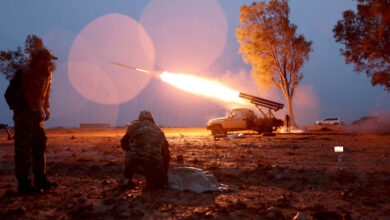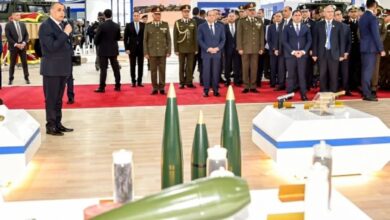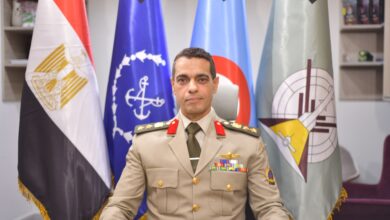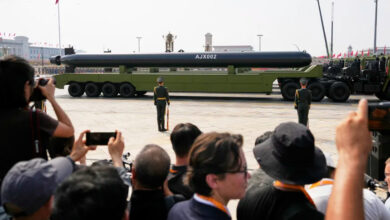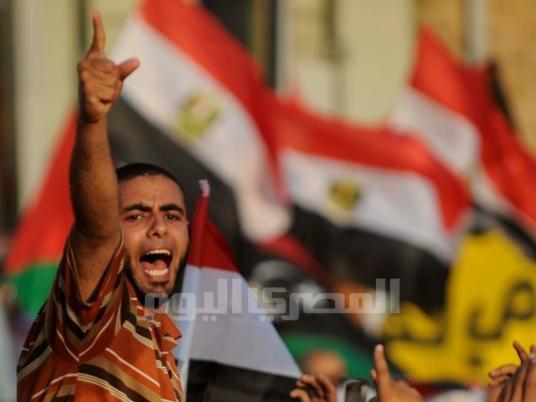
Essam al-Erian, presidential adviser and acting head of the Muslim Brotherhood’s Freedom and Justice Party, praised the military and its conduct during and after the revolution, in a sign that the party is attempting to sooth friction between the two after President Mohamed Morsy sent senior Supreme Council of the Armed Forces members into retirement.
Describing the military’s actions, Erian said that “the Egyptian army proved to be a respectable army. It vowed not to shoot any Egyptian, during the Revolution, and it fulfilled its vow.”
Erian attributed the killing of demonstrators in the events that followed the revolution, during the interim period in which the Supreme Council of the Armed Forces ruled the country, to an undefined “third party.” He added that he believes the trials of “thugs” will reveal a lot of unknown facts about the clashes.
The statements follow what seemed to be a growing rift between the powerful Muslim Brotherhood and the military establishment throughout the last few months, culminating in an on-going tit for tat between the two groups. In the most recent move, Morsy sent senior members of the Supreme Council of the Armed Forces into retirement, replacing them with another rank of officers who have been described as figures who are friendlier to Brotherhood rule.
Erian's comments raised eyebrows, as they were considered signs that Morsy won't pursue charges against members of the military implicated in attacks against protesters during the transition.
In a statement released Sunday, the April 6 Youth Movement condemned Erian's statements, calling them an insult to the martyrs and “not worthy of the head of the ruling party in Egypt."
April 6 Youth Movement spokesperson Engy Hamdy addressed Essam el-Erian directly, saying, “Do you think we’re blind?”
She went on to say that Erian, the Brotherhood and the Freedom and Justice Party were not present for the numerous and repeated clashes with military forces. “But what about the videos?” she asked. “And the pictures? And our mates who died with their shoulders against ours? What about the blood soaked in military gunpowder? What do you call that, Photoshop?”
Edited translation from Al-Masry Al-Youm

